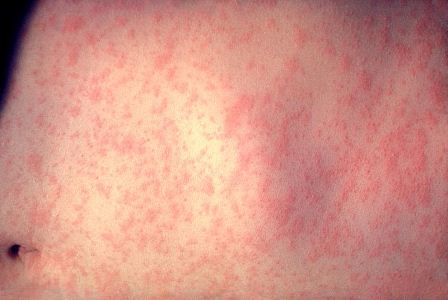
Ben-Gurion University of the Negev (BGU) and Fox Chase Cancer Center (FCCC) in Philadelphia have received a two-year National Institutes of Health (NIH) research grant to observe "the role of host encoded microRNAs in the maintenance of the measles virus persistent state."
Many viruses are known to persist in their target cells and establish chronic infection, long after resolution of their acute phase. A thorough understanding of this interplay between viruses and their host may offer insight into the mechanistic basis of human infectious diseases.
This research collaboration is part of an ongoing agreement between BGU and FCCC to support and facilitate scientific and clinical exchanges, as well as to encourage collaborations and joint research between scientists and physicians. Fox Chase and Ben-Gurion formalized their relationship in 2008, but it actually began in 2003 as a partnership spearheaded by Alton I. Sutnick, a physician and former dean of the Medical College of Pennsylvania (now the Drexel University School of Medicine). Through this partnership, he sought to explore the genetic risks of cancer and incorporate these factors into clinical practice across cultural settings.
BGU researchers participating in the study include Prof. Jacob Gopas and Prof. Yonat Shemer- Avni of the Shraga Segal Department of Microbiology, Immunology and Genetics. In addition, Prof. Zvi Bentwich from the Department of Virology and Developmental Genetics will act as a consultant. Dr. Glenn Rall at Fox Chase Cancer Center, Philadelphia will collaborate with the BGU researchers.
